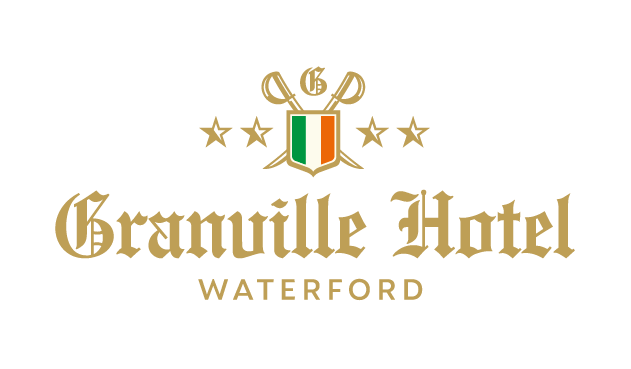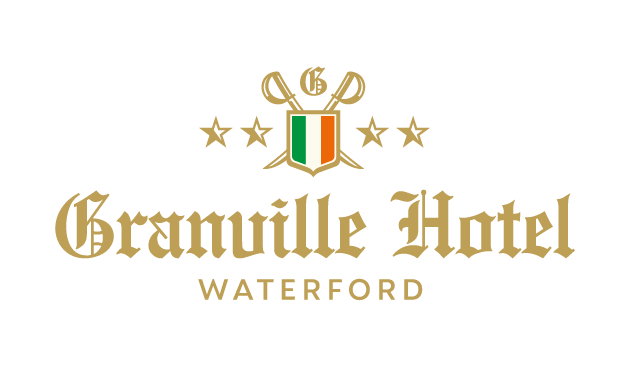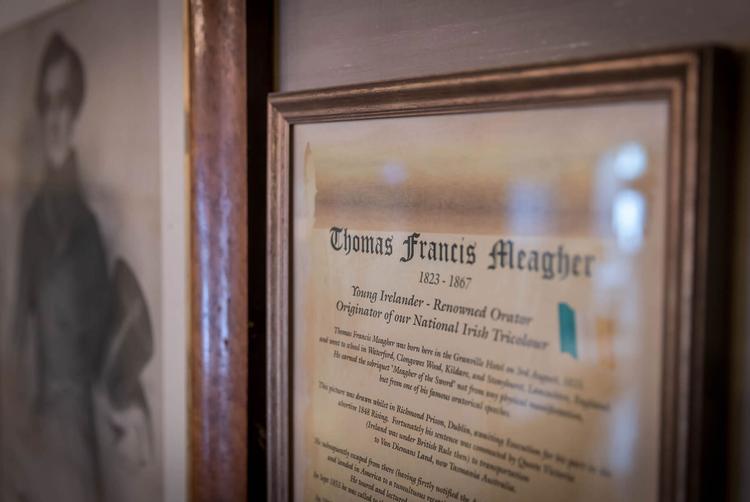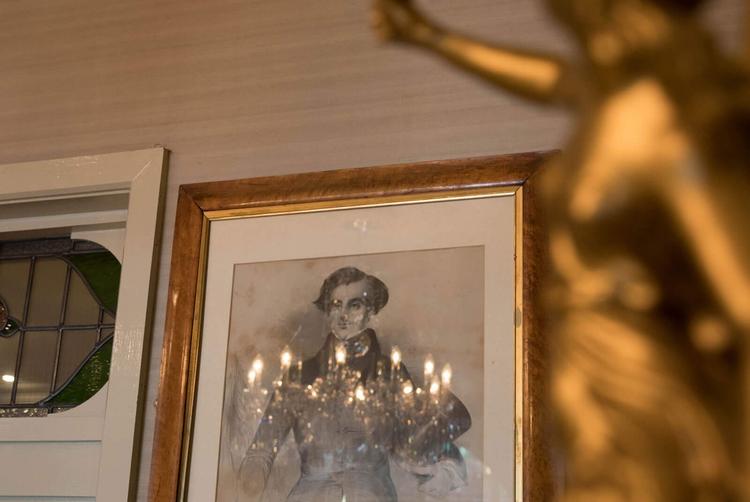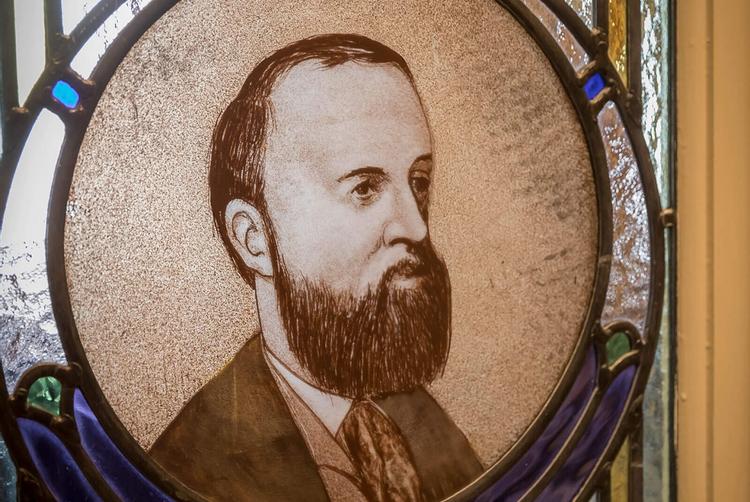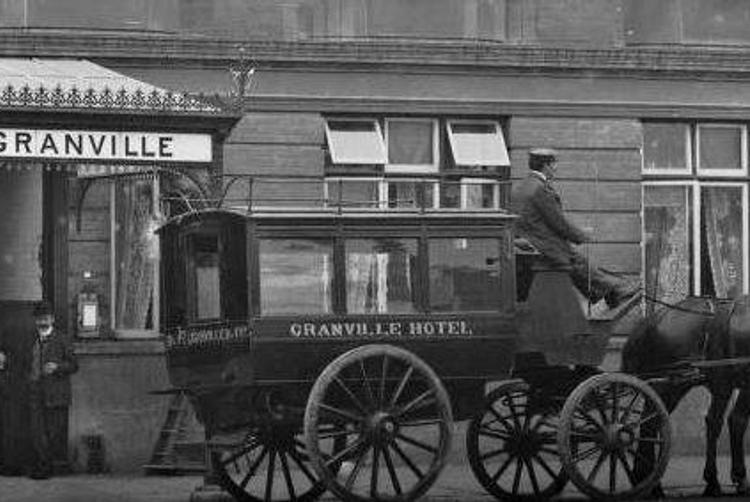History
Dating back to the early 1700's, the Granville Hotel is one of Ireland's oldest hotels and has played a prominent role in Waterford City's rich social and political history. It was built by the Newports, a well known merchant and banking family of Dutch origin, and subsequently bought by one of the city’s most prominent merchants, Thomas Meagher, who traded between Waterford and Newfoundland, Canada. His son Brigadier General Thomas Francis Meagher was a member of the famous Fighting 69th and The Irish Brigade in the American Civil War and designer of our National Irish Tricolour, which was first flown in Waterford in 1848.. He was born here in 1823.
The Hotel was also the headquarters for the first public transport system in Ireland established by Charles Bianconi and has been host to many other famous historical and political figures, including Charles Stewart Parnell, Daniel O’Connell and Lord Frederick Roberts.
The hotel was purchased in 1979 by Liam and Ann Cusack and restored to it’s former gracious grandeur, combining modern comfort with olde worlde charm and elegance.The Cusack family second generation Fiona, Jackie and Sandra now continue to uphold the Granville traditions of comfort, service and hospitality.Ann Cusack travelled to the capital of Montana (Helena) in the 1980’s and was made Honorary Secretary of State and given the Seal of Montana in recognition of her connection with Thomas Francis Meagher and his place of birth.
Downloadable PDF History Brochure
